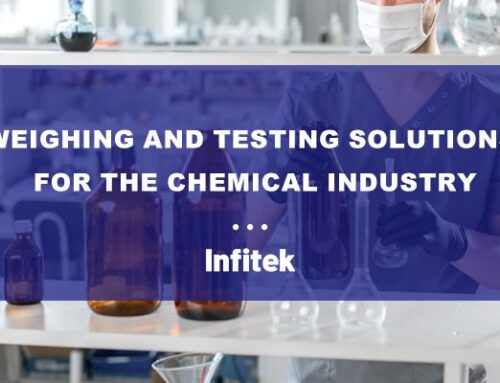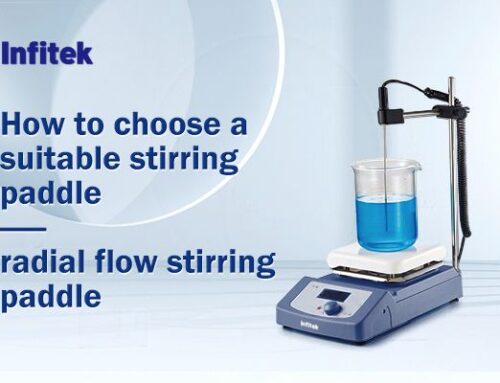In the realm of laboratory analysis, Total Organic Carbon (TOC) analyzers are indispensable tools that provide critical insights into organic carbon content in various samples. Whether for environmental monitoring, pharmaceutical quality control, or research applications, TOC analyzers offer numerous advantages that enhance efficiency and accuracy in the laboratory setting. This blog post explores the benefits of using TOC analyzers and their wide-ranging applications across different industries.
What is a TOC Analyzer?
A TOC analyzer is a sophisticated instrument designed to measure the total amount of carbon present in organic compounds within a sample. These analyzers utilize advanced techniques to oxidize organic carbon to carbon dioxide (CO2), which is then quantified using a sensitive detector. By measuring TOC levels, laboratories can assess water quality, monitor process efficiency, and ensure compliance with regulatory standards.
Advantages of TOC Analyzers in the Laboratory
Versatility: TOC analyzers can analyze a wide range of sample types, including liquids and solids. They are used in diverse applications such as analyzing drinking water, wastewater, soil extracts, pharmaceuticals, and more.
Accuracy and Precision: Modern TOC analyzers offer high levels of accuracy and precision, allowing laboratories to obtain reliable data for decision-making and quality control.
Time-Efficiency: TOC analysis is relatively fast compared to traditional methods, providing rapid results that enable timely adjustments in processes or treatments.
Automation: Many TOC analyzers are fully automated, minimizing manual intervention and reducing the risk of errors. This automation also increases throughput and productivity in the laboratory.
Regulatory Compliance: Laboratories in industries such as environmental science, pharmaceuticals, and food and beverage rely on TOC analyzers to comply with stringent regulatory requirements related to water quality and product safety.
Applications of TOC Analyzers
Environmental Monitoring: TOC analyzers are used to assess organic pollution levels in water bodies, monitor wastewater treatment effectiveness, and evaluate the impact of industrial activities on the environment.
Pharmaceutical Quality Control: In pharmaceutical manufacturing, TOC analyzers ensure that purified water and drug formulations meet pharmacopeial standards for organic impurities.
Research and Development: TOC analysis is essential in research laboratories studying carbon cycling, biodegradation processes, and the characterization of organic compounds.
Types of TOC Analyzers
TOC analyzers come in different configurations based on specific laboratory needs:
Combustion TOC Analyzers: Ideal for high-sensitivity measurements and used in laboratories requiring precise quantification of organic carbon.
UV Persulfate TOC Analyzers: Suitable for routine water quality testing and process monitoring due to their reliability and ease of use.
Conclusion
Total Organic Carbon (TOC) analyzers are indispensable tools in modern laboratories, offering accurate and efficient analysis of organic carbon content in various samples. The advantages of TOC analyzers include versatility, accuracy, automation, and regulatory compliance, making them essential for environmental monitoring, pharmaceutical quality control, and research applications. Investing in a TOC analyzer can significantly enhance laboratory capabilities and contribute to improved productivity and data reliability.
If you have any questions about TOC analyzers or need assistance in selecting the right analyzer for your laboratory needs, please do not hesitate to contact us.




Get Social